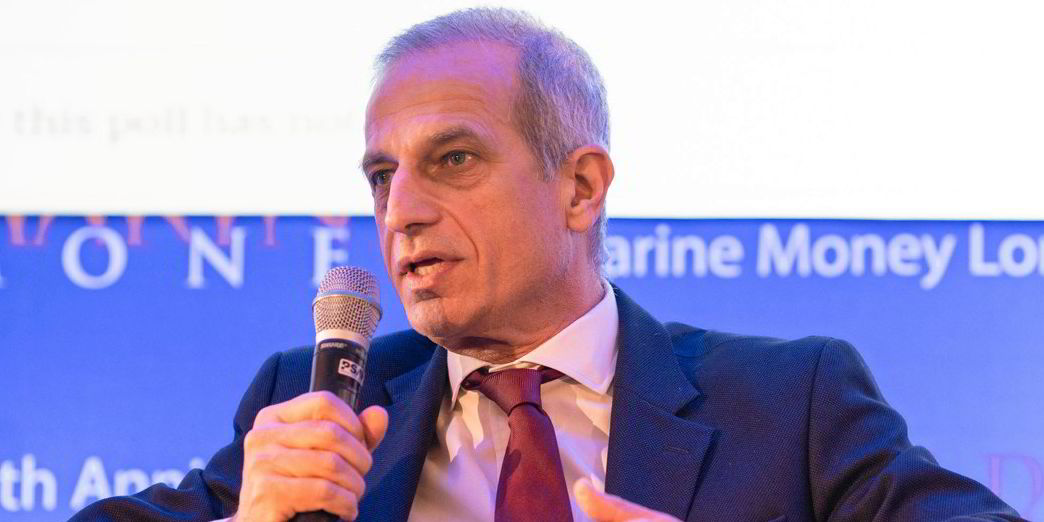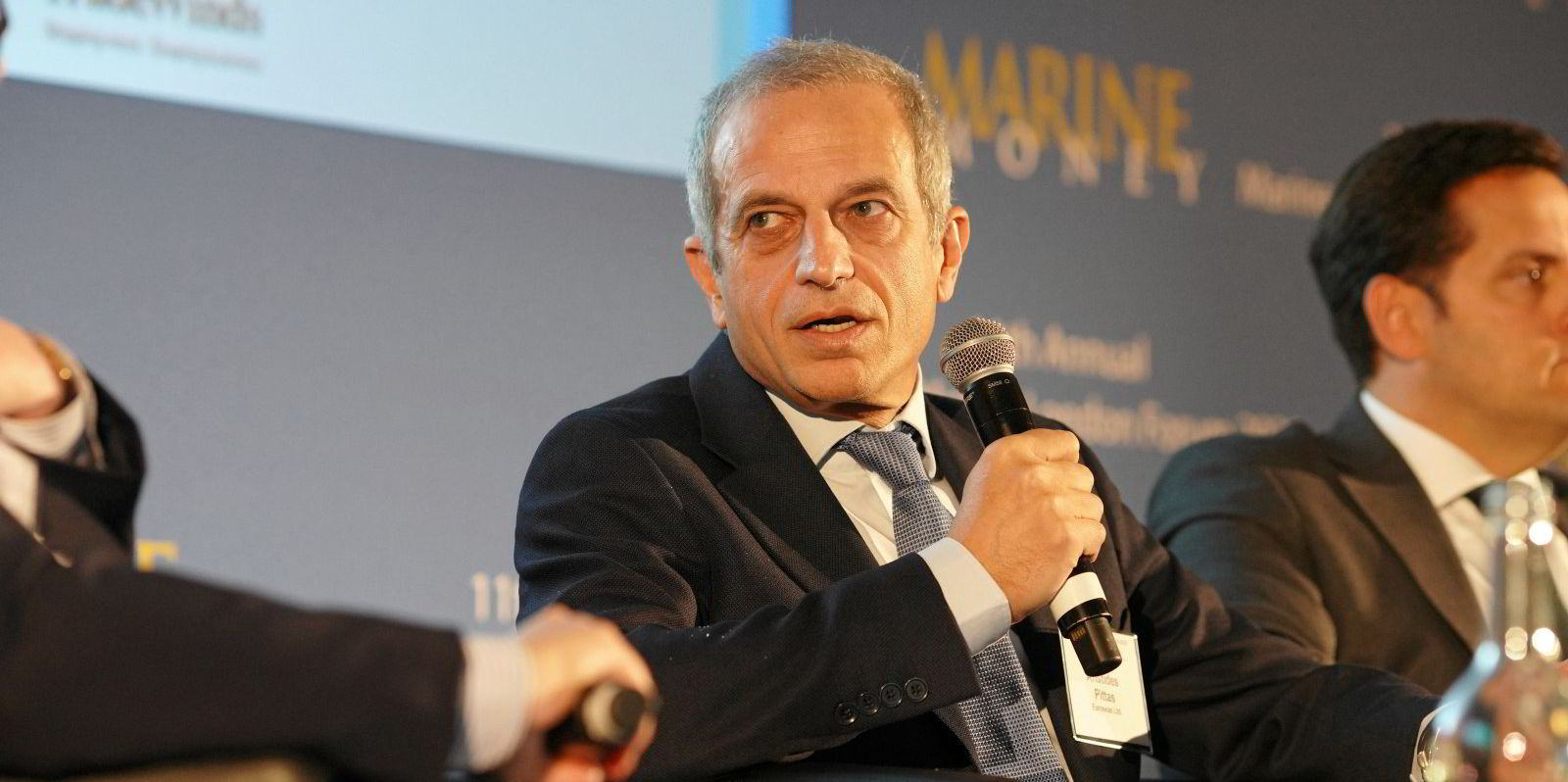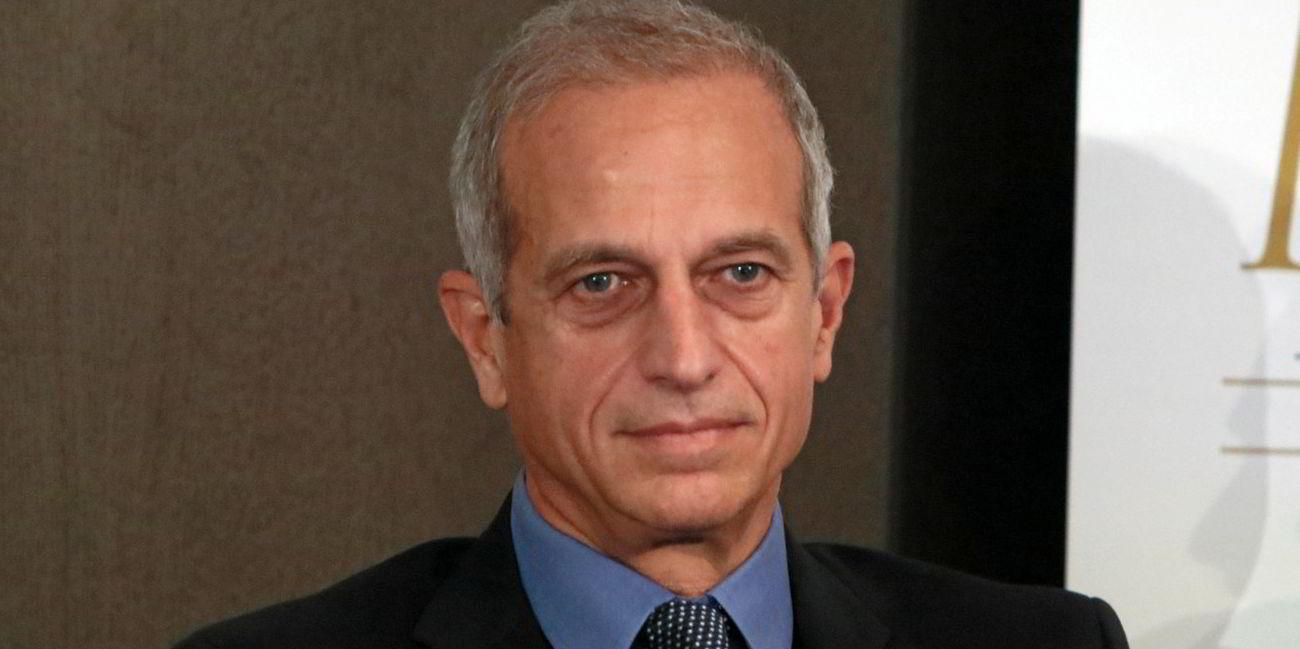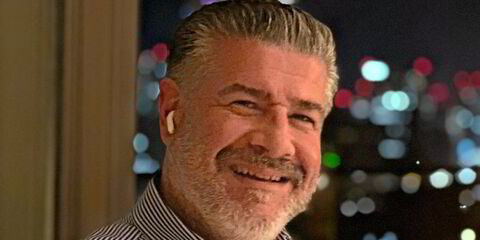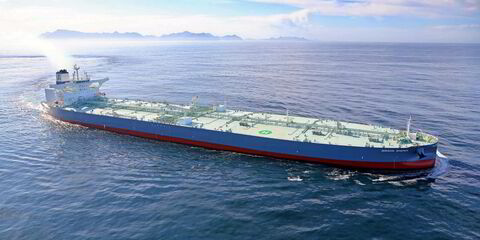Greek shipowner Aristides Pittas expressed confidence in the prospects of the dry bulk market as his US-listed company EuroDry reported a robust set of earnings.
Despite their steep drop since October, spot earnings are still high compared with long-term averages, Pittas said in a results release late on Wednesday.
A recovery in one-year charter rates since December suggests that declining spot earnings are “only temporary”, in line with “a cyclically common effect during the first couple of months every year”, he added.
Pledging to put his money where his mouth is, the owner said he is “committed to continue growing EuroDry” with mid-sized bulkers “to take advantage of expected market increases”.
EuroDry unveiled the latest such acquisition last month with the $21.2m purchase of the 57,900-dwt Molyvos Luck (built 2014), a supramax previously in the stable of Eurobulk, the private company of the Pittas family.
Eurobulk clients had purchased that vessel in August 2020 for $14m.
The Molyvos Luck was EuroDry’s third buy in less than a year, bringing its fleet to 10 ships between supramax and kamsarmax size.
EuroDry was established in May 2018 as a dry bulk spin-off from Euroseas, which continued as a pure-play container ship company.
EuroDry’s net income of $15.2m in the fourth quarter of 2021 was its highest since inception and compares with a net loss of $715,307 in the corresponding period of 2020.
Net income attributable to common shareholders soared to $29.4m for the entire 2021, from a $7.45m loss in the previous year.
EuroDry’s profitability and expansionary drive represent a considerable turnaround. In 2020, the company deferred loan repayments and paid dividends in kind instead of cash as it took measures to safeguard its dwindling cash.
As its results soared amid an improving bulker market, it bought back preferred shares to reduce funding costs and simplify its capital structure.
“Our increased liquidity and low leverage ratio provide us with significant firepower to pursue our strategy,” said Pittas, who has always presented the company as a “consolidation vehicle” for eventual combination with other fleets.
